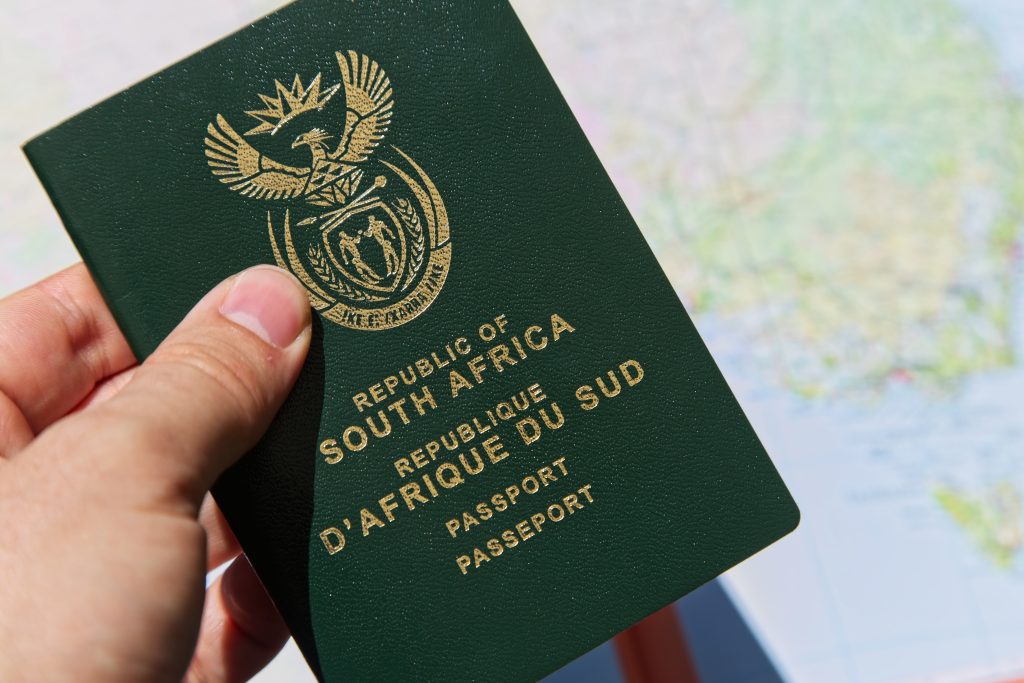Tax Season 2017 is around the corner
Taxpayers can submit their returns for 2017 tax year (which ended 28 February 2017) from 1 July 2017 until November 2017.
South Africans who live and work abroad and visit South Africa only once a year for a holiday need only file income tax returns if they receive South African rental income or income from a South African business. Taxpayers who leave South Africa permanently or only for a few years must remember to file their tax returns in the tax year in which they emigrate. These taxpayers usually enjoy a tax refund – normally, too much tax is deducted as the taxpayer did not work for the full tax year.
South Africans who live abroad and who no longer qualify as South African tax residents, must remember that they may no longer be taxed on capital gains on when selling shares on the JSE.
South Africans who work abroad for short periods of time (for example six months) and continuously return to South Africa will have to submit their South African income tax returns.
SARS requires South African taxpayers who work abroad to provide proof that they complied with the 183 days’ and one 60 days’ continuous day requirements. The standard request reads:
Kindly furnish our office with the letter from your employer stating the number of days with dates in and out of the country as well as the portion of income considered to be exempt.
SARS will also require copies of your passport, which they will only accept it the taxpayer numbered their passport copies and clearly shows which stamps indicate departure from and arrival in South Africa.
The 60 days’ continuous period does not apply to people who work on oil rigs, or people who work on shipping vessels if they are part of the ship’s crew.
Many people assume incorrectly that their foreign income can only be exempt if the 183 days’ and 60 days’ requirements were met in a single tax year. This is incorrect, as these requirements apply to any 12 month period. If a person meets the 183 days’ and 60 days’ requirements between 1 July 2016 and June 2017, it follows that in the 2017 tax year foreign income earned from July 2016 until February 2017 is exempt, as well as any foreign income that was earned between March 2017 and June 2017 in the 2018 tax year.
If the 60 day period comprises 1 July 2016 until 31 August 2016, the taxpayer may use these 60 continuous days as both starting and ending a 12 month period. The 12 month periods could therefore be from September 2015 until August 2016, while another 12 month period could be from July 2016 until June 2017.
Please remember that you should only submit an income tax return if you have met the 183 days’ and 60 days’ requirements. If you have been working abroad since 1 January 2017, you should not file your 2017 income tax return for the year ending February 2017 if you have not yet met the 60 days’ and 183 days’ requirements, because SARS will then tax foreign income that you earned in January and February 2017. You will however be able to deduct any foreign tax that was paid from your South African tax liability if that country has a double tax agreement with South Africa.
Even if you live and work outside South Africa and earns no South African-sourced income, my advice is to file a SA return if you still contribute to a South African retirement fund – SARS will one day, when the retirement annuity pays out, take your contributions into account as deductions for tax purposes!
For any tax advice you are welcome to contact Fanus Jonck (tax@jonck.net).
Share on
Latest articles




















